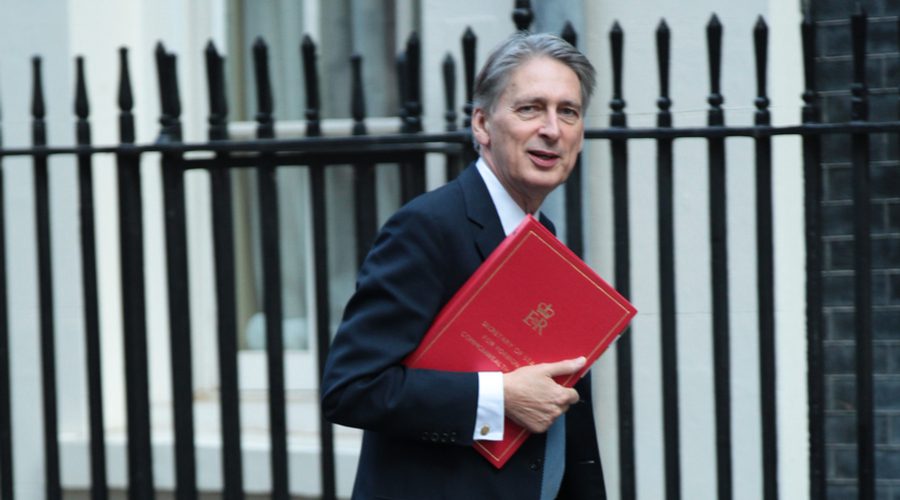With the Budget 2017 almost upon us, Philip Salter, founder at The Entrepreneurs Network, discusses what UK tech entrepreneurs can expect from the government.
Tech industry leaders could be forgiven for scepticism towards Theresa May’s government. While her predecessor David Cameron courted technologists like Tony Blair wooed celebrities, up until a few weeks ago May steered clear of tech and entrepreneurs, neglecting all but the biggest of businesses.
That all changed last week, when May invited the great and the good from UK tech to Downing Street for the announcement of £21m of funding over four years to Tech City UK (soon to be rebranded as Tech Nation) and 1,000 additional Tech Nation Visas – though they will have to fight it out with other highly talented sectors....

